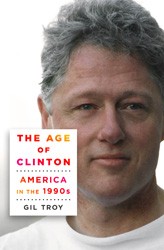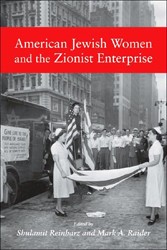“Words matter.” So the late Daniel Patrick Moynihan believed and instructed. The arc of Senator Moynihan’s career as a public intellectual and intellectual politician was uniquely shaped by his way with words. His own words sometimes hurt him, as when the policy catchphrases he coined caused outsized critical reactions.
Professor Gil Troy’s book focuses on the highlight of Moynihan’s mere seven-month stint as US Ambassador to the United Nations: his fierce opposition to the three-word propaganda slogan, “Zionism is racism,” adopted by the UN General Assembly in Resolution 3379 in November, 1975. Moynihan understood how simple and outlandish statements can insinuate a corrupt idea into conventional discourse.
In a meticulous, well-woven and readable narrative, Troy describes the emergence of the “Zionism is Racism” campaign and the dramatic UN lobbying on the vote. He shows how Moynihan was fighting not only what he regarded as a Soviet-backed Cold War campaign aimed at the US as much as against Israel, but also State Department and Israeli government indifference verging on cynicism toward a UN increasingly captive to anti-democratic, anti-Western sentiment and rhetoric.
The US and Israel lost the vote, but Moynihan’s alarums and ringing denunciations of the Resolution and its supporters made him a national hero. Better than most would-be Moynihan analysts, Troy gets right the combination of professorial assuredness and outsider’s insecurity that drove Moynihan into occasionally over-charged behavior. Troy understands that Moynihan was also driven by steadfast idealism: he truly believed in democracy and in the vision of human rights on which the UN was founded. Some thought he was attacking the UN; Troy shows that Moynihan was trying to save it.
Troy is an historian of Ronald Reagan’s presidency and there is a drumbeat in the book that Moynihan’s stand-up moment was the antidote Americans needed to get over their post-Vietnam depression and that it presaged Reagan’s re-awakening of patriotism. These passages seem more founded in ideology than fact. It is unlikely that Moynihan, who opposed much of Reagan’s foreign and domestic policies, would have agreed.
But this book calls much-needed attention to an issue that reverberates still. Readers will find it fascinating how overwhelmingly American civil rights and liberal activists rallied in 1975 to Moynihan’s defense of American human rights leadership and Jewish nationalism. To the extent that is surprising today, Professor Troy’s history of how three insidious words can matter is as good an explanation as you can get.





